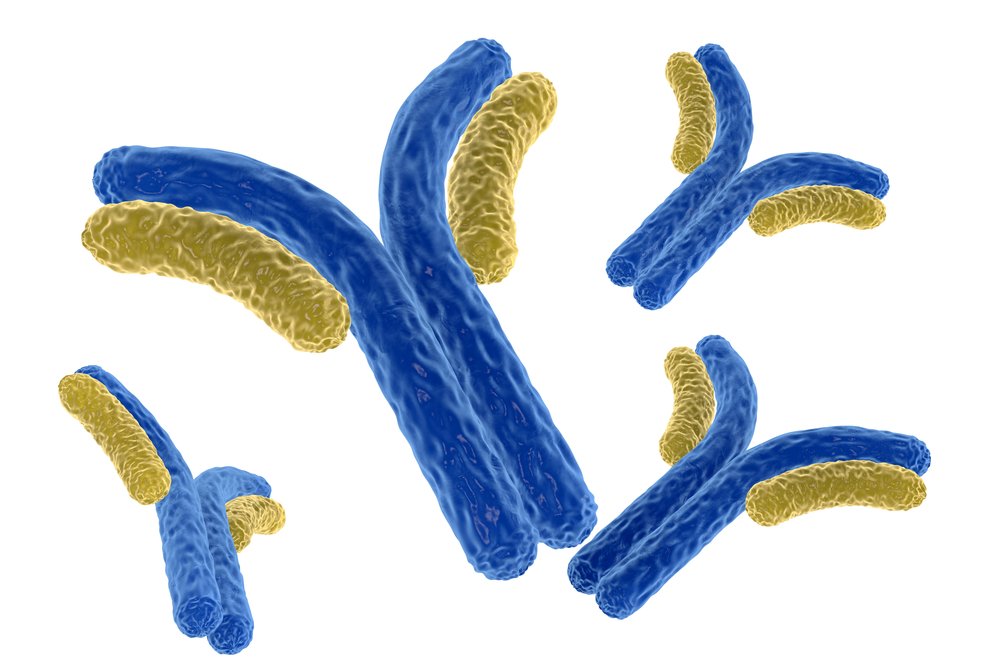Biogen and Eisai Agree to Work Together on Alzheimer’s Therapy Aducanumab
Written by |

Biogen and Eisai have deepened their partnership by agreeing to work together on the continued development of the Alzheimer’s therapy aducanumab (BIIB037), which targets harmful beta amyloid protein clusters.
The U.S. and Japanese companies are already collaborating on the development of elenbecestat (E2609) and BAN2401, which also target beta amyloid.
Scientists believe beta amyloid accumulations in the brain cause Alzheimer’s by damaging nerve cells. Aducanumab reduces the build-ups, preclinical-trial studies have shown.
Until the Biogen-Eisai agreement, Biogen had been developing aducanumab on its own. It licensed the therapy candidate from Neurimmune, which discovered it.
The U.S. Food and Drug Administration gave aducanumab Fast Track status in September 2016 — a designation that will accelerate its review of the treatment. The Japanese Ministry of Health, Labor and Welfare gave aducanumab a similar designation in April 2017.
“Through this new agreement, we believe we have improved our ability to maximize the value of aducanumab and expand the potential reach of our industry-leading multiple sclerosis portfolio,” Michel Vounatsos, Biogen’s chief executive officer, said in a press release. “The ongoing collaboration between Biogen and Eisai leverages our respective expertise and strengths in our efforts to bring new treatments to patients and families affected by Alzheimer’s disease.”
“Genetic epidemiological [disease] studies such as the Icelandic genetic research as well as the knowledge recently gained from various clinical studies such as the aducanumab Phase 1b trial have deepened our conviction in the amyloid hypothesis [the notion that amyloid is associated with Alzheimer’s],” said Eisai CEO Haruo Naito.
“We hope to establish a new treatment paradigm for fighting dementia by expanding the strategic collaboration between Biogen, a company that leverages its cutting-edge biotechnology to develop innovative therapies for people living with serious neurological and neurodegenerative diseases, and Eisai, a company which possesses a rich pipeline based on holistic approaches,” he said.
“In accordance with this new paradigm, we plan to further co-develop the collaboration products and hope to advance the world’s potentially first new treatment for Alzheimer’s disease based on the amyloid hypothesis. Through the collaboration and by leveraging each company’s respective strengths in each region, we hope to maximize the benefits for patients and their families.”
Under the partnership, Biogen will receive 55 percent of aducanumab profits in the United States and 68 1/2 percent in Europe. Eisai will receive 80 percent of the profits in Japan and in other Asian countries besides China and South Korea.
Another provision of the agreement is that Eisai will help Biogen promote its MS therapies Avonex, Tysabri, and Tecifidera in Japan.
A pioneer in neuroscience, Biogen has also developed spinal muscular atrophy therapies.
Eisai develops therapies for a number of diseases, with a particular focus on neurodegenerative disorders and cancer.





